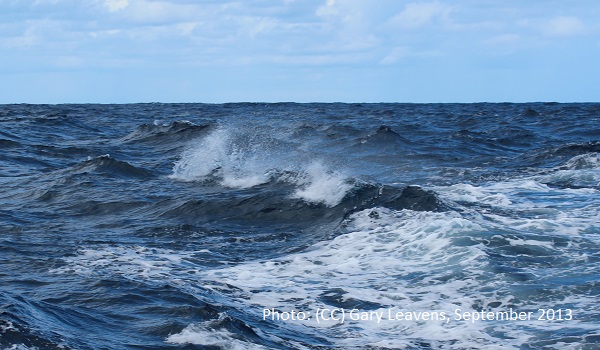A court judgment in Ceuta has frozen Spanish attempts to return children to Morocco en masse after ruling that procedural safeguards must be respected even in “exceptional” circumstances. According to NGOs the journey from North Africa to the Canaries is currently “the most dangerous route to Europe” after 481 people die en route between May and August 2021.
Over the course of just a few days in May, more than 10,000 people crossed the frontier between Spain’s northern African enclave of Ceuta and Morocco following a diplomatic spat between the two countries. The arrivals included up to 3,000 minors, some very young. In August, Spain announced the controversial deportation of nearly 800 children, some of whom then fled the detention centres that housed them out of fear of return. After NGOs reported that minors were being forced back without access to an asylum procedure, lawyers or translators, the court in Ceuta was asked to decide whether “exceptional” circumstances justified fast-track deportation. “Many of these children who are being deported are in a situation of risk,” warned Andrés Conde, managing director of Save the Children in Spain.
The local Ceuta court ruled that established safeguards in Spanish legislation as well as the Convention on the Rights of the Child must be respected, regardless of the circumstances. The ruling follows a recent judgment by the Spanish High Court rejecting the government’s justifications for denying children individual assessments and interviews, also noting that returns had not been authorised by the Prosecutor’s Office. Nonetheless, political rhetoric from Spanish and Ceutan leaders insisting on swift mass expulsions was already at odds with the reality on the ground, as Morocco’s decision to accept only 15-30 minors daily had already de facto extended the returns by two months.
Frontex Director Fabrice Leggeri meanwhile deemed the arrival of migrants in May to be an “isolated” event, saying Morocco was a “reliable” partner to Spain, stating: “Morocco has done a lot and is doing a lot in terms of migration management to prevent Moroccan territory from becoming a place of departure for Spain and the European Union”. According to the agency head, arrivals via the Western Mediterranean route have stabilised and Rabat is “very active” in cooperating with Frontex and the EU. Commenting on the expulsions of children, the Frontex Director said that unaccompanied children may be “vulnerable” to exploitation in Europe and that “sometimes the age of migrants can be very difficult to determine”. NGOs continue to reiterate the considerable humanitarian needs of the migrant communities in Ceuta, and the municipality says 3,000 Moroccans are either living in temporary housing or in “inhuman” conditions in settlements. Small groups of migrants continue to make attempts to cross into Ceuta, with 40-50 people attempting to swim around the border fences on Wednesday.
Beyond the North African enclaves, arrivals to the Canaries are up 130% in 2020, with IOM saying that such journeys have “increased dramatically” as a result of tightened control of the Mediterranean route. During the first three weeks of August, the death rate for people travelling from Morocco, Senegal and Mauritania to the Spanish Islands rose as high as 47%, according to Alarm Phone. The NGO, which operates a hotline for migrants in distress at sea, received calls from more than 1,427 people on this route between May and August. 481 people died at sea during that same period, suggesting that, amongst those who phoned for help, at least one in three journeys ended fatally. 117 people arrived in the Canaries on 23 August, and another 28 were rescued on 25 August near Lanzarote. Also on 25 August, 11 migrants went missing at sea after the night-time rescue of 28 others. The Frontex mission sent to the Canaries last November remains present, with 41 agents stationed on the Islands.
For further information:
- ECRE, Spain: Hundreds Disappeared on Atlantic Route while the Misery of Children in the Canary Islands, Ceuta and Melilla Persists, June 2021
- ECRE, Spain: Investigations into “Hot Returns” as Ombudsman Pays Enclaves a Visit, Concerns Over Treatment of Children in Canaries, Hundreds Missing Along Atlantic Route, June 2021
Photo: (CC) Gary Leavens, September 2013
This article appeared in the ECRE Weekly Bulletin. You can subscribe to the Weekly Bulletin here.

